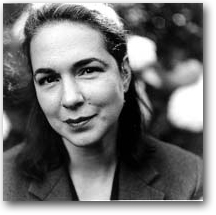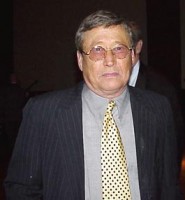Remember when I said that thing about how all communication was inherently musical?
httpv://www.youtube.com/watch?v=Aae_HL6OenA
Yeah. I was wrong. Sorry, everybody. My bad.
Unhumorous Punchlines
The MotherThe girl wrote a story. “But how much better it would be if you wrote a novel,” said her mother. The girl built a doll-house. “But how much better if it were a real house,” her mother said. The made a small pillow for her father. “But wouldn’t a quilt be more practical,” said her mother. The girl dug a small hole in the garden. “But how much better if you dug a large hole,” said her mother. The girl dug a large hole and went to sleep in it. “But how much better if you slept forever,” said her mother.
“The Mother,” a short piece from Lydia Davis’s Break it Down, perfectly demonstrates, for me, the unhumorous punchline where the last line and components leading up to it operate as a joke, but aren’t funny. Punchlines at their best are oblique and unexpected; it’s the minor epiphany of “getting it” that makes them so visceral — keyword here, because what begins in the brain ends in the gut.
All communication is musical.
httpv://www.youtube.com/watch?v=muCPjK4nGY4
See? Sing me a story.
Craft Notes with Peter Jackson
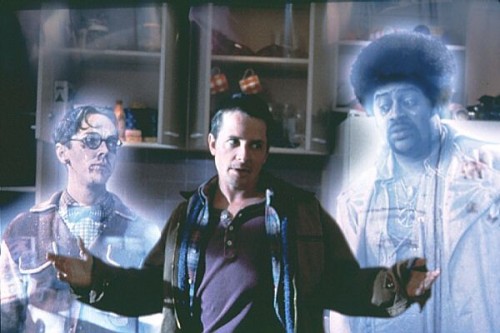
I just finished watching the director’s commentary track on the re-issue of The Frighteners, a movie I truly love despite the fact that it’s deeply flawed, wildly uneven, and basically a failure. (It’s like the Philip K. Dick of horror-comedy crossover movies; though not like a Philip K. Dick movie). Hearing Peter Jackson discuss what he feels went right about the film, what went wrong, and how it all came together–or didn’t–was fascinating. I wasn’t much of a Peter Jackson fan going in–in fact I didn’t realize he had directed this movie until I netflixed it this most recent time–but something about his candidness, coupled with his obviously fan-boyish enthusiasm for cinema in general, really won me over. Plus I learned that he made a FOUR AND A HALF HOUR documentary about the making of this film, which apparently I need to netflix separately. As of this writing, it’s already on the queue. Does anybody else have favorite failed work of art, be they literary, musical, or filmic? I’d be interested to hear what, and why.
The news teaches me something about writing.
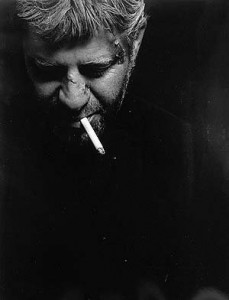 Today, the Russians launched a clown into space. He’s the first space clown, ever. The clown paid $35 million to go into space, where he intends to publicize the world’s dwindling supply of clean water.
Today, the Russians launched a clown into space. He’s the first space clown, ever. The clown paid $35 million to go into space, where he intends to publicize the world’s dwindling supply of clean water.
From a news perspective, this story is just full of hooks. First clown in space. Paid $35 million dollars. Millionaire clown. Buying your way into space.
It’s just—well, the clean water thing. It’s one hook too many. His clean water awareness mission is entirely buried by the fact that he’s the first millionaire clown to buy his way to the international space station. He’s going to be a sad clown. Swimming in polluted water.
I can’t tell you how many stories I’ve read that seemed to me to be a bunch of quirky ideas thrown together, as if the writer was hoping one would really stick. I can’t tell you how many times those stories have been MY stories.
Don’t do it, everybody. Don’t bury the point with your ideas. They’ll tempt you. They do that.
(Prize for the first commenter to identify the image above. And not just who it is. Why it is appropriate, too.)
What I Hear You Saying Is That My Writing Sucks
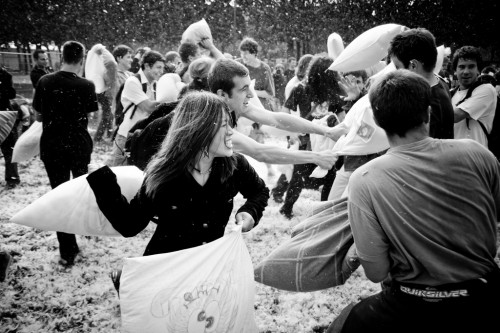
In the June 2009 issue of College Composition and Communication, Rosalie Morales Kearns wrote an article about the creative writing workshop in which she critiques the traditional workshop (as normative, exclusionary, and focused on fault-finding) and asserts we must rethink the format of the workshop for it to serve as a productive, inclusive experience. Changes she suggests include lifting the “gag rule” so authors can talk about their writing as it is being critiqued, the use of writing exercises, and studying published works because “students are much more accustomed to approaching published texts as literature students rather than as creative writers.”
Creative Writing 101
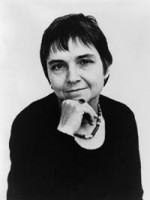

[ WORK DISCUSSED: Tuesday (9/22) – Adrienne Rich, five poems and an essay. Thursday (9/24) – “New York” by Tony Towle; “Texas” by Padgett Powell; “Babalu-Aye” by Eva Talmadge;” writing exercise.]
I never know how to start the class off. Or anyway that’s how it feels. I usually arrive in the room a few minutes early, and start chatting with whoever else is already there. If there’s a conversation already in progress I’ll try to join it, and if they’re all just sitting around quietly I’ll pick someone and ask how his or her day is going, or how the weekend was. If they throw the question back at me (“and how about you?”) I’ll tell them. I try to take attendance right at the official start time, not so much to punish the stragglers as to reward those who got there early. I want them to see me seeing the effort they’ve made. So we do that, and it’s like–now what? “Okay,” I often find myself saying, “what did we read for today?” It’s not that I can’t remember what we read. It’s just that I think there’s something useful about saying it out loud. I asked the class if they preferred to talk about the poems or the essay first. A few people kind of said “poems,” so I said okay, but then there was another choice to be made–which poem? One of the pitfalls of my teaching style (which strives to be dynamic, responsive, and rigorously un-structured) is that it’s hard to get off the ground. It’s like an old prop plane, where you need to start the propellers spinning by hand and then sort of guide it down the runway and hope everything is timed just right and take-off actually happens. Sometimes this takes a few tries. Nobody seemed to care where we started, and consequently we weren’t starting at all.
Creative Writing 101

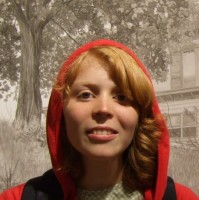
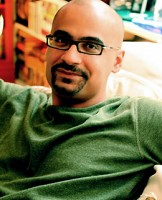
For Thursday (9/10) we read “My Dog is a Little Obese” by Ellen Kennedy, “How to Date a Browngirl, Blackgirl, Whitegirl or Halfie” by Junot Diaz, and “To His Coy Mistress” by Andrew Marvell. The theme was DIRECT ADDRESS and INSTRUCTION. As on Tuesday, we spent most of the time on the fiction piece. I think this is because fiction feels “easier” to talk about than poetry, like you’re not going to screw up the technical terms or something. And I think that having a teacher who is primarily a fiction writer contributes to this atmosphere, so I’m going to work harder in the future to check myself. But I think there’s a second reason as well, which is that a relatively straight prose narrative like the Diaz story (or Hemingway last week) yields itself to a kind of knee-jerk cultural studies reading, where the text is really just a pre-text for the themes and politics it evinces or brings to light. Especially with a piece like this one by Diaz, where the narrator is giving “you” instructions on how to re-arrange your apartment so you don’t look as poor as you are, and then impress the various girls you might have invited over, with particular race-based instructions for each one. I hate this way of reading.
Start Button
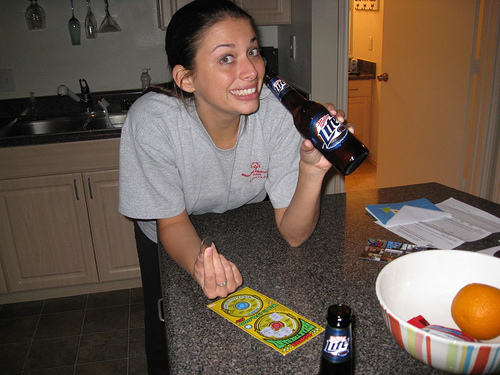
poor tessie
Is there a single story, or bit of writing, something you read, etc., that made you want to first begin writing? It doesn’t have to be a story; you could expand this – a piece of art, a bit music composition, whatever. Can you pinpoint, if possible, an object with which you interacted that made you want to create some real writing for the first time ever in your life and continue to do it until you die and rot?
I would rather focus on that initial first ever commitment to writing. We’ve talked a lot about ways we continue to inspire ourselves to create text (what music we listen to or what art we look at, for example), so this is more of an origins question: the origins of your first ever serious impulse to write. For that reason, it might be a little too hard to answer, but still fun to think about, maybe.
This question courtesy of David Erlewine, who emailed me this:
maybe you could do a post about the story that “got” people into writing. kinda cheesy maybe … and for some there may not be “one” story but i know for me reading shirley jackson’s the lottery absolutely made me want to write/read/etc. for good.

